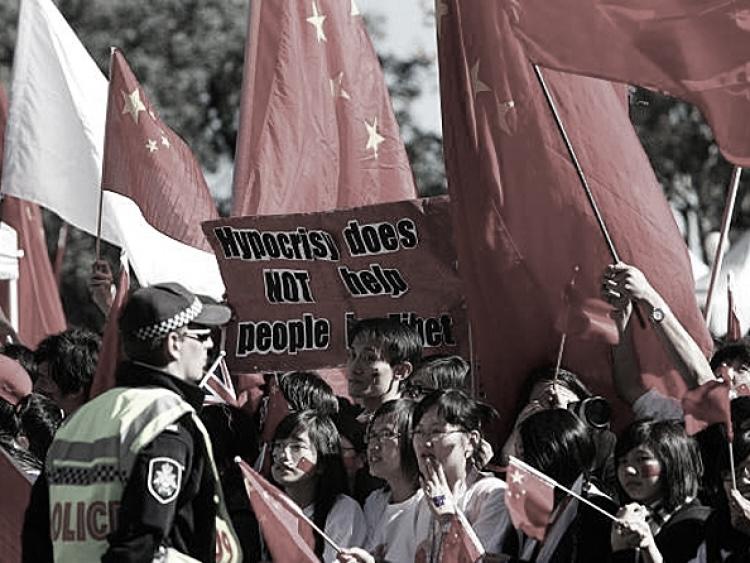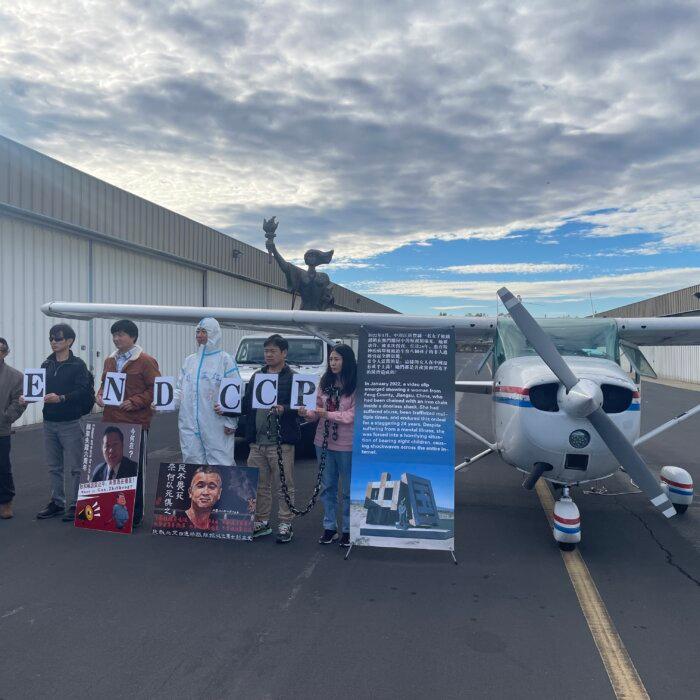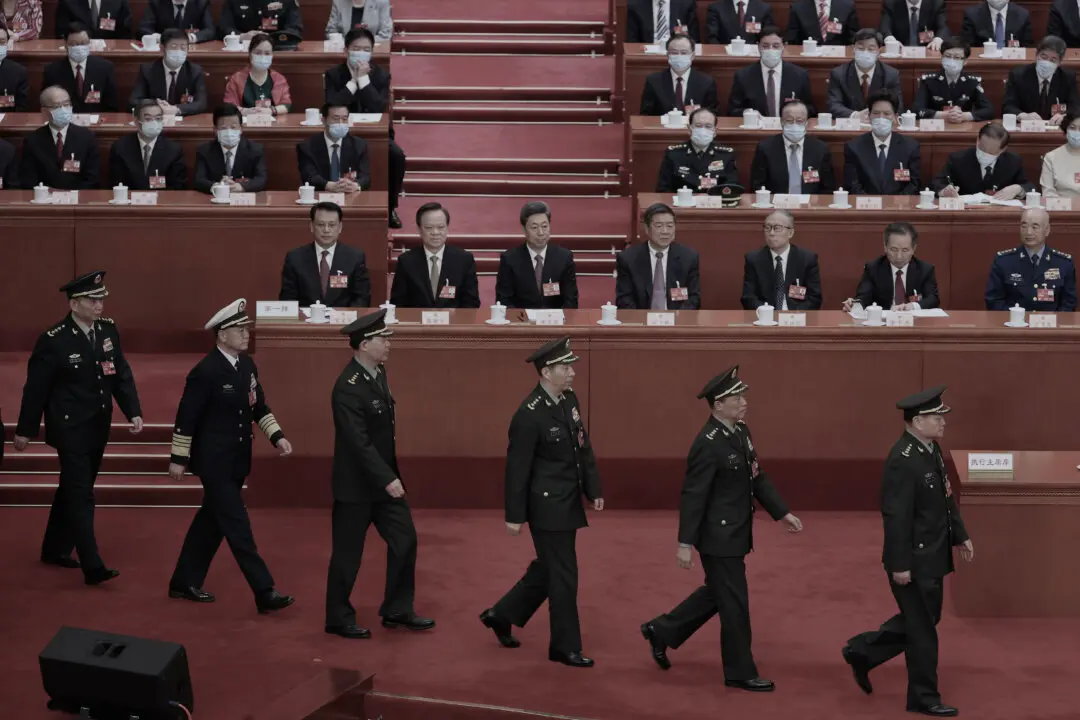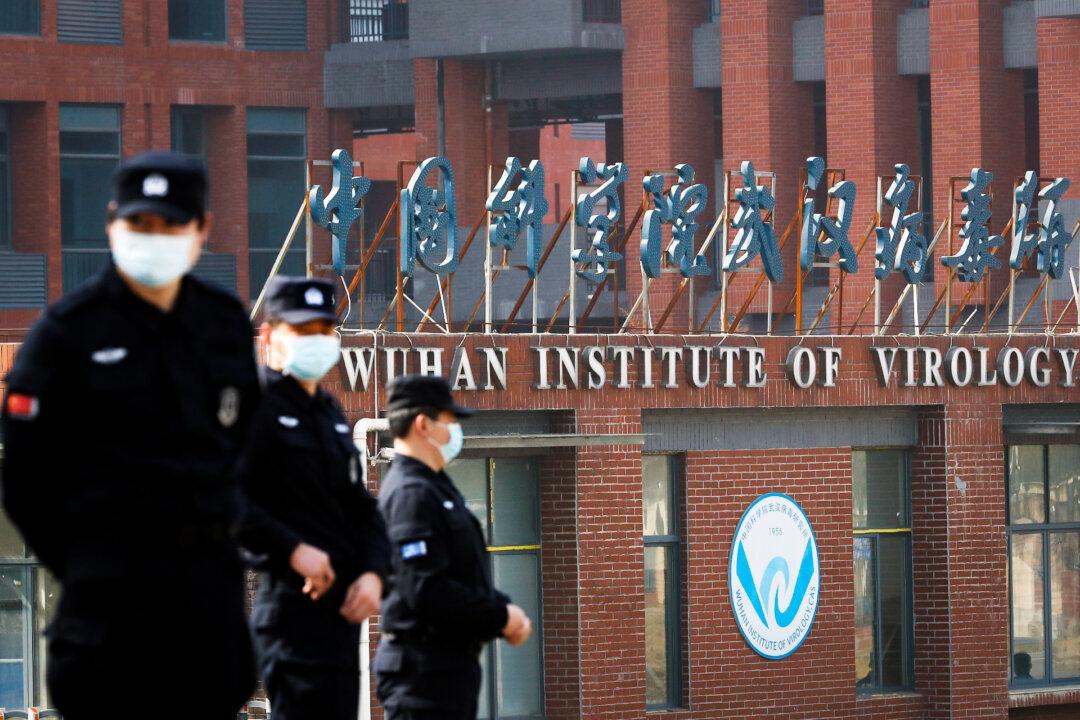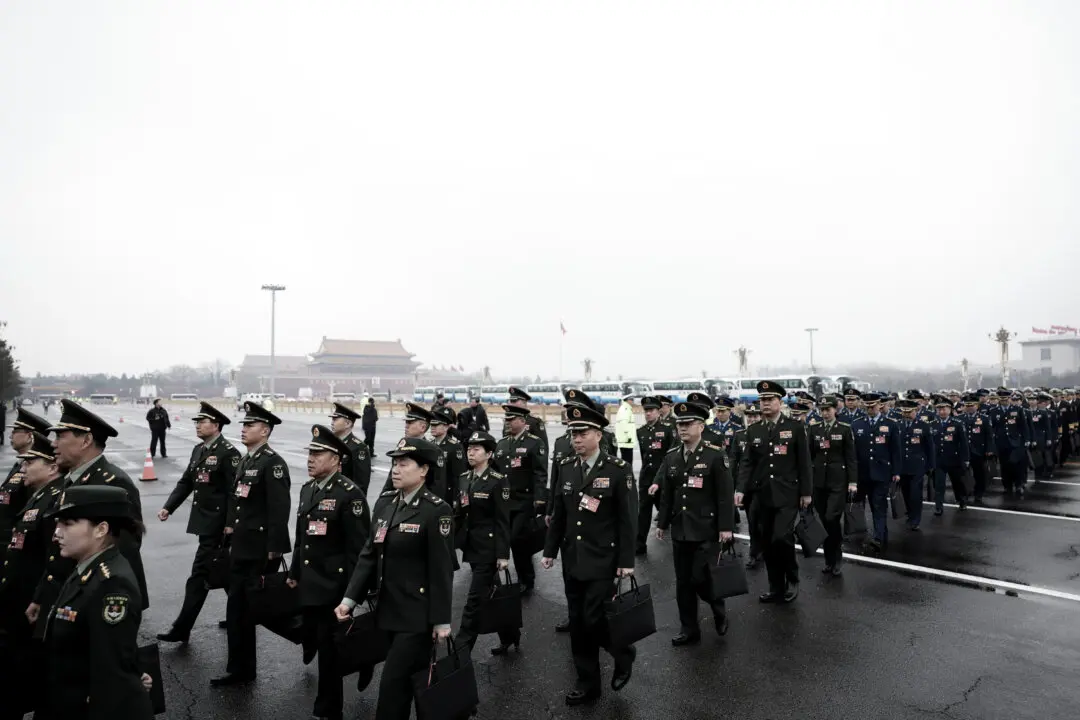As China’s premier Li Qiang is scheduled to visit Australia in mid-June, The Epoch Times has learned that a notice has circulated on WeChat offering payments to mobilize local Chinese expats to “welcome” the high-ranking Chinese Communist Party (CCP) official.
The bilingual notice, obtained by The Epoch Times, offered to pay for all the costs of mobilizing Chinese Australians and Chinese expats in Canberra to welcome Mr. Li.
“Chinese people from all over Australia organize their own welcome team to Canberra on 16th, 17th, and 18th June for 3 days and two nights to welcome the Premier! Food, accommodation and transport will be provided…we want to show our patriotism!” The notice reads.
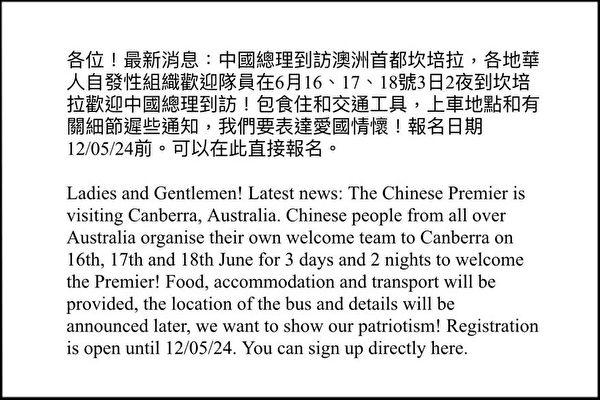
Former Diplomat Speaks Out
Chen Yonglin, a former diplomat at the Chinese Consulate in Sydney who defected to Australia in 2005, told The Epoch Times on May 27 that the organizers behind the “welcome” order would be the Chinese regime’s embassy or one of its four consulates.“Now China [the ruling CCP] places great emphasis on this so-called welcome event,” Mr. Chen said. “It has to organize its own people to do it to look good,” he said.
“When a leader comes to visit a place, no one welcomes him, so disgraceful. This [organized welcome] is a characteristic of a dictatorship. This is what it does.”
Regarding the source of the payment for food, accommodation, and transportation for the Chinese people, Mr. Chen said the Chinese consulate will directly pay for them. “The second possible source is Chinese companies in Australia contributing to it, which is equivalent to the CCP’s funding,” he said. “Another source would be the contribution from overseas Chinese community leaders who do business with China or engage in CCP’s united front work.”
However, Mr. Chen said that he believes that Australia’s “Espionage and Interference Act“ amended in 2018, has a deterrent effect on these pro-CCP Chinese Australians and Chinese expats, and these people’s “motivation [to do the CCP’s bidding] will not be as high as before.”
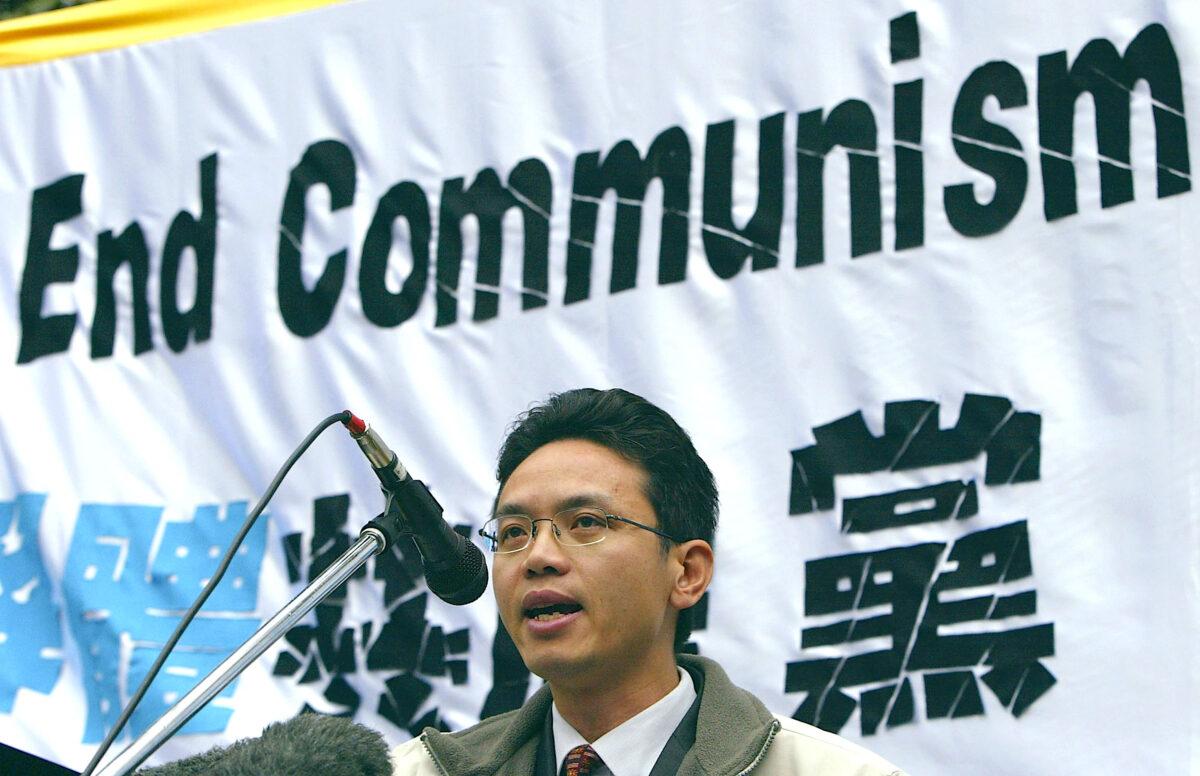
The National Security Legislation Amendment passed in 2018 aims to combat foreign interference in Australia’s democratic process and system and theft of commercial secrets on behalf of foreign governments, as well as supporting the intelligence activities of a foreign government.
“The Espionage and Interference Act has hit the pro-CCP Chinese in Australia, and they don’t know when they might break the law someday,” Mr. Chen said.
“If they have too much contact with the CCP’s national security, they may be noticed by Australian agencies,” he said.
In February, Chinese community leader Di Sanh Duong became the first person to be prosecuted under the Espionage and Interference Act. He was sentenced to two years and nine months in prison by the County Court of Victoria for influencing the Australian government on the CCP’s behalf.
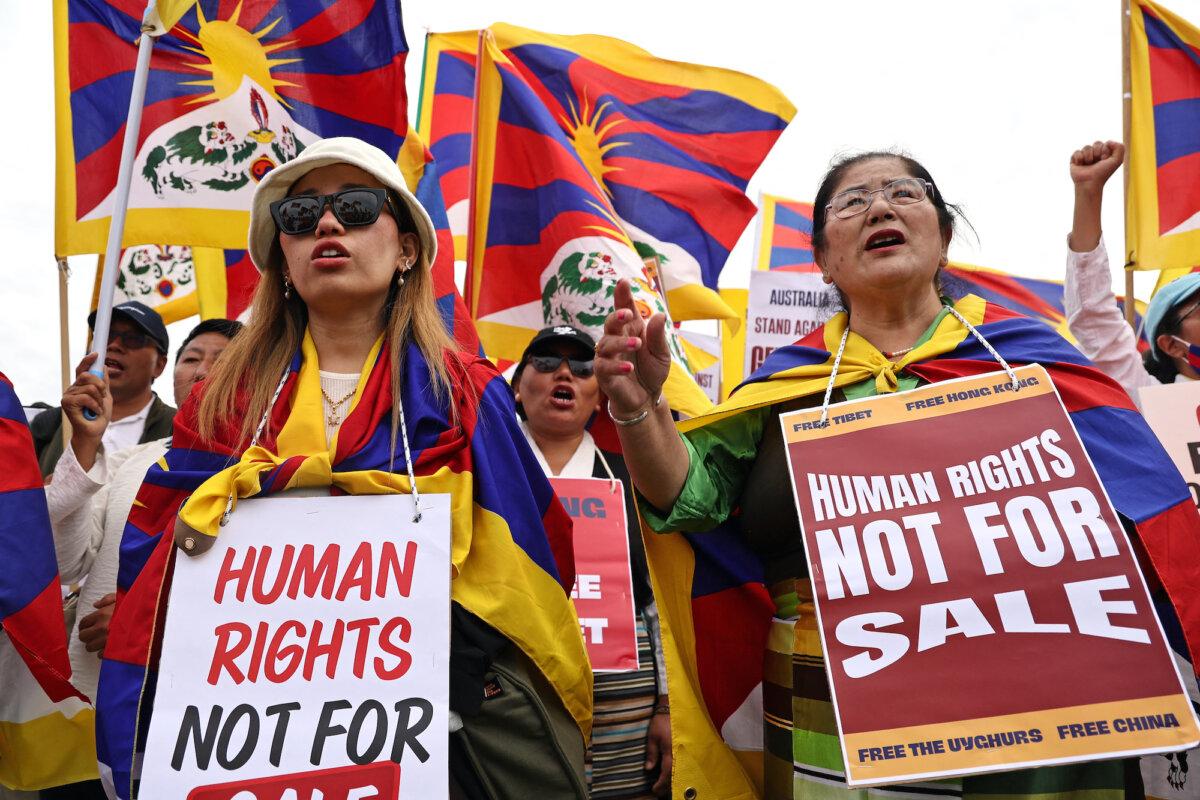
First Visit in 7 Years
Mr. Li’s trip to Australia is the first visit by a Chinese premier in seven years. Local Australian media reported on May 27 that he is expected to hold political talks in Canberra on June 17 and then travel to Perth the next day to meet with business leaders.Mr. Li’s planned visit comes at a time when relations between Australia and China remain tense, with Chinese warplanes earlier this month firing flares into the path of an Australian Navy helicopter in international waters. Australian Prime Minister Anthony Albanese condemned the Chinese military’s actions as unprofessional and “completely unacceptable.”
Five Australian federal MPs recently went to Taiwan in May to attend the inauguration ceremony of President Lai Ching-te of the Republic of China (the official name of the self-governing island), which infuriated Beijing.
On May 22, the Chinese consulate general in Australia issued a letter to criticize 11 Australian MPs for attending a Taiwanese function to celebrate Mr. Lai’s inauguration, which met with the MPs pushing back.
